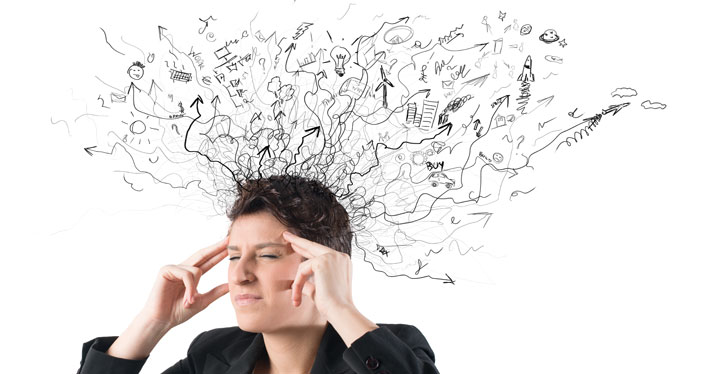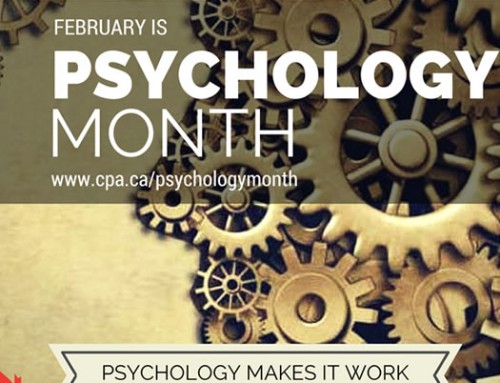I previously wrote about natural treatments for anxiety and thought a follow up regarding the “best treatments” for anxiety would be helpful. While it is impossible to state what is best for every person I can comment on what I believe are some of the best treatments available. First, the most important thing to recognize is that anxiety is normal. Anxiety is our reaction to a perceived threat (real or imagined) which triggers our stress response, which is known as the fight, flight or freeze response. This response essentially tells the brain and body that in the threat of danger (physical or mental), we will mobilize our resources to fight the threat, run away from the threat or in some cases just freeze.

The fight, flight or freeze response is adaptive when it fires properly. Similar to a fire alarm, once the alarm goes off it instructs us that there is danger. However, if the sensors are set too sensitive and the alarm consistently goes off unnecessarily it becomes frustrating, not to mention exhausting if we have to continuously evacuate the building. This is analogous to our stress response constantly going off unnecessarily, mobilizing our bodies’ resources to escape danger, which exhausts the brain and body. Our stress response is only meant to last for a matter of seconds, unfortunately for some, anxiety may persist for days or weeks and becomes debilitating. The goal of treatment is to deactivate the stress response in situations that there is no threat, while leaving it active so that brain and body can still react properly in the face of real danger.
While there is no magic pill or simple cure for anxiety there are many treatment approaches that have been found to have significant benefits in reducing anxiety. The following are styles that can be used to help reduce anxiety (in no particular order):
Educate yourself about anxiety: By understanding what anxiety is and most importantly recognizing that anxiety is normal can help reduce unwanted feelings of anxiety. Anxiety can motivate us to do something challenging and is not something that we want to eliminate but use to our advantage to overcome life’s challenges.
Cognitive Behavioural Therapy (CBT): There are various tools and skills that people learn in counselling to help reduce unwanted anxiety. Cognitive tools focus on letting go of desire for perfection, eliminating expectations, identifying and restructuring anxiety provoking negative thinking, challenging negative thoughts, imagining how someone else may handle the stressor, and learning to accept and adapt to present realities. Behavioural tools include relaxation and breathing exercises and exposure to anxiety provoking stimuli paired with relaxation and visualizations. You do not have to participate in counselling for these skills to be effective, but if you try them and find that you are still struggling then additional assistance may be beneficial.
Medication: For some people anxiety is so debilitating that they do not feel the cognitive and behavioural skills are helping, in which case medication can help reduce anxiety-provoking thoughts when applying the previously mentioned skills. However, medication is not a fix. I like to think of medication as an aide that is used temporarily until the other tools become more effective, after which the goal would be to wean off the medication.
It is not easy to take control of the stress response but with constant practice and repetition you can retrain your brain and find your life significantly reduced of unwanted anxiety. Should your symptoms return, don’t be discouraged, coping with anxiety is an ongoing process and takes time.




